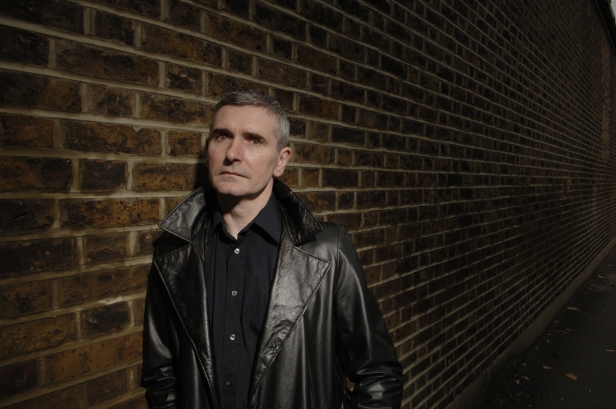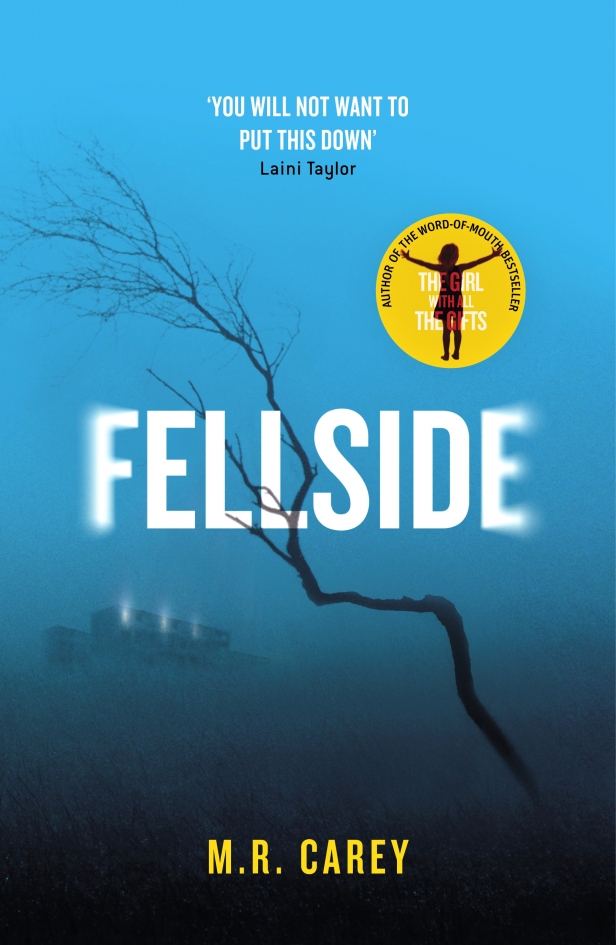Ayenbite of Inwit
I think that’s how you spell it. Apologies if not. It’s the title of a medieval tract by a Kentish monk, and it translates roughly as “the again-biting of inner thought”. In other words, the pain you feel when your conscience is playing up. That’s a purely psychological pain, obviously, but it feels real, doesn’t it? A bite or a prick or a stab, one of those things. In its extreme forms it’s as unpleasant as any physical injury can be.
I had an argument a little while back with a very religious friend. Full disclosure: he’s not actually a friend any more, but it wasn’t this argument that tipped the scales, it was something else.
We were talking about Darwin’s theory of evolution by natural selection, and my former friend was saying – forgive the bland summary – that maybe Darwin wasn’t all he was cracked up to be. This wasn’t a pitch for Creationism, or anything wild and wacky like that. My friend allowed that Darwin had a point when it came to, say, the development of complex organisms from simpler ones. He was just saying that some human behaviours and tricks of personality can’t be explained by evolution alone. You have to bring God into play to account for them properly.
I asked “Like what?”
And my friend said “Like conscience.”
I didn’t concede the point, but I could see where he was coming from. A tender conscience, certainly, is little or no help to the woman or man who possesses it. It causes us to lose sleep, to go off our food, to be severely unhappy and discontented with ourselves, to be distracted both from our usual pleasures and from our necessary work. In extreme cases, unable to live with the guilt arising from things they’ve done, some people actually kill themselves.
The ruthless, by contrast, sleep well and live long. With no agenbite of inwit to worry about, they sail through this world with a smirk and a jaunty stroll.
My former friend took this as proof that some of our beliefs and attitudes aren’t pointed towards this world at all, but towards a different one entirely. Conscience is maladaptive for normal human life, but vital and precious for a mortal existence intended to prepare us for an eternal life to come.
I’ve just written an entire novel about guilt, Fellside, which led to me spending a lot of time trying to get my ideas on the subject into some kind of coherent shape. And while I still think my friend was off the beam in seeing conscience as proof that there’s a God, I think he was onto something when he pointed out its equivocal value.
The truth is, I believe most people have a certain weakness for the slow motion action replay. For going over in our heads again and again the things we’ve done and the things that have been done to us. And we don’t tend to focus on the things that have gone right. On the contrary, the moments we replay are usually the ones that make us feel most unhappy, the things that have vexed or hurt us or the things we’re afraid may have hurt others.
Jess Moulson has killed a child. It’s not murder, exactly, but still she’s absolutely responsible for his death, and her guilt extends all the way to suicide. She can’t live with her own sense of guilt, and so she has decided to die. When we meet her she’s in prison for the crime, and she’s trying to kill herself by pretty much the only method that the prison authorities can’t forestall, which is a hunger strike.

It’s a solid plan, and although the reader may be appalled at it I’ve tried my best to show it as what it is, which is a reasoned response to an unbearable situation. Jess isn’t dying in order to atone, or to offer a life for a life. She’s just shutting down because life has become intolerable for her.
What changes her mind is an encounter she has on the borders of death. The child she killed, Alex, is waiting for her there, and they have a conversation – or at least Jess believes they do. Alex says there’s something he needs her to do, and she can’t do it if she’s dead. So she lives. She abandons the suicide strategy and shifts to plan B, which is to accept a responsibility, a debt, and try to fulfil it. She comes to feel that in doing so she may win some kind of redemption for herself, or at least balance out the scales a little.
Both decisions – to die, and then to live – are really expressions of the same thing, which is conscience. It was only her sense of guilt that made Jess wish for death, and it’s that same sense of guilt that makes her accept the mission Alex entrusts to her.
All of which may sound as though I’ve bought into my friend’s argument about the otherworldly origins of conscience – its function as a light shining from a more perfect place, showing us the way. But I really haven’t, and the novel bears that out. Even after her meeting with Alex’s ghost or spirit there are things about both herself and him that Jess doesn’t understand, and her redemptive journey does not go as planned. I’m not sure anyone’s ever does.
So what’s conscience for, then? Wouldn’t we all be happier if we could shrug off the hurts of other people and the potentially infinite downsides of our own actions? After all, if you’ve got no moral compass in the first place you can’t get lost. Life is just one endless picnic.
But if you believe that, I think you’ve made a fundamental error about what life actually is. Life isn’t a flat, simple, regular thing. It has dimensions, in the same way that space and time do. And one of the most crucial dimensions of life is – precisely – other people. We’re herd animals. We live our lives in a social space, and exile from that space invariably destroys us.
And that’s why we have a conscience. That’s why we can feel guilt.
Guilt is an alarm bell. Or even more than that, it’s a kind of directional sensor. It tells us there’s a problem and it gives us a sense of the vector, the direction from which that problem is coming. Conscience allows us to re-align ourselves – through apology or atonement – with the collective, whether that’s our family or our friends or society as a whole. It only seems dysfunctional if you imagine the individual as an island, a life form that can thrive in isolation from others of its kind.
For Jess Moulson, the social context, the collective, is the other inmates of Fellside: five thousand women many of whom have done much worse things than she has. And atonement is going to be much, much harder than she thinks.
But like I said before, I suspect it usually is for most of us.
Fellside by MR Carey is available now in paperback from Orbit. Keep up with the latest genre news with the new issue of SciFiNow.
